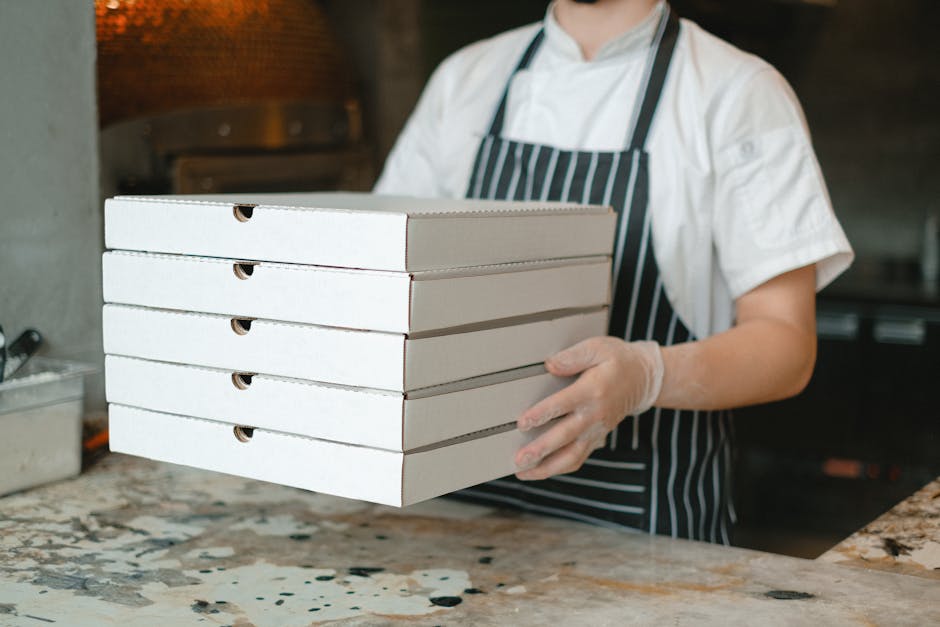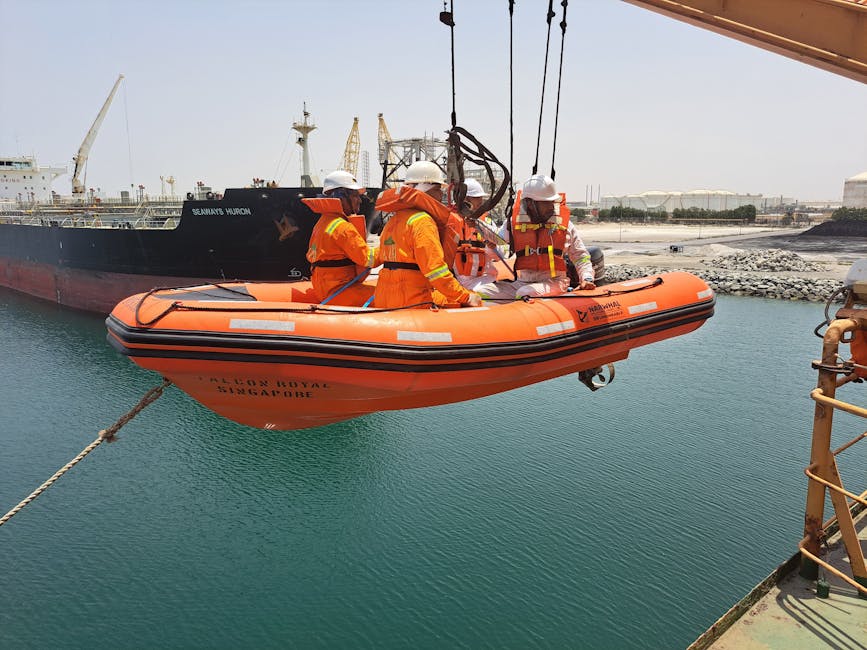Training Catering Workers
The Critical Importance of Training Catering Workers in the UAE
Proper training directly impacts customer satisfaction, operational efficiency, and regulatory compliance. Additionally, the UAE’s diverse clientele expects impeccable service standards. According to a Dubai Department of Tourism and Commerce Marketing report, trained staff increase customer retention by up to 40%. Moreover, comprehensive training reduces employee turnover, which remains a significant challenge in the region’s hospitality sector.
Essential Components of Catering Worker Training Programs
Successful training programs incorporate multiple dimensions of restaurant operations. First, food safety and hygiene form the foundation of all catering training. Second, customer service excellence creates memorable dining experiences. Third, cultural sensitivity training ensures appropriate guest interactions in the UAE’s multicultural environment.
Food Safety and Hygiene Certification Requirements
The UAE mandates specific food handling certifications for all catering staff. For example, the Abu Dhabi Food Safety Authority requires annual certification renewal. Similarly, Dubai Municipality conducts regular inspections and requires documented training records. Therefore, maintaining compliance demands ongoing training investments.
Customer Service Excellence for UAE Restaurants
Exceptional service distinguishes premium dining establishments in competitive markets like Dubai and Abu Dhabi. Training must address communication skills, complaint resolution, and upselling techniques. Additionally, staff should understand menu intricacies to make informed recommendations to guests.
Effective Methods for Training Restaurant Staff in the UAE
Various training methodologies prove effective for catering workers. Firstly, hands-on training allows practical skill development under supervision. Secondly, classroom sessions cover theoretical knowledge and compliance requirements. Thirdly, digital learning platforms enable flexible, consistent training delivery across multiple locations.
On-the-Job Training Strategies
Structured shadowing programs accelerate skill development for new hires. Experienced staff members mentor newcomers through actual service scenarios. Meanwhile, rotation through different stations provides comprehensive operational understanding. Consequently, cross-trained staff offer greater flexibility during peak periods.
Classroom and Theoretical Training Approaches
Formal training sessions ensure consistent knowledge transfer across all staff levels. Topics typically include food safety protocols, menu knowledge, and service standards. Additionally, cultural awareness training helps staff navigate the UAE’s diverse customer base appropriately.
Compliance and Legal Aspects of Training Catering Workers
UAE restaurants must adhere to stringent regulatory requirements for staff training. The Ministry of Human Resources and Emiratisation sets minimum training standards for various roles. Furthermore, industry-specific regulations mandate continuous professional development. Non-compliance can result in substantial fines or operational suspensions.
Documentation and Record-Keeping Requirements
Maintaining detailed training records demonstrates regulatory compliance during inspections. Records should include attendance sheets, assessment results, and certification copies. Moreover, training materials should align with current UAE regulations and industry best practices.
Measuring the Effectiveness of Catering Worker Training
Evaluating training outcomes ensures continuous improvement and return on investment. Key performance indicators include customer satisfaction scores, order accuracy rates, and incident reports. Additionally, mystery guest programs provide objective service quality assessments. Regular performance reviews identify additional training needs for individual staff members.
Advanced Training Techniques for UAE Catering Professionals
Progressive restaurants implement innovative training methods to maintain competitive advantage. Gamification techniques increase engagement and knowledge retention. Similarly, virtual reality simulations allow risk-free practice of complex service scenarios. Furthermore, leadership development programs prepare high-potential staff for supervisory roles.
Technology-Enhanced Learning Solutions
Mobile learning applications enable just-in-time training access for shift workers. Video tutorials demonstrate proper techniques for food preparation and service. Additionally, online assessment tools track individual progress and identify knowledge gaps. According to hospitality industry research, technology-driven training increases knowledge retention by up to 60% compared to traditional methods.
Cultural Considerations in UAE Catering Training
The UAE’s multicultural environment requires sensitive approach to staff training. Programs must respect diverse backgrounds while maintaining consistent service standards. Additionally, language training improves communication between international staff and local customers. Understanding local customs and traditions enhances guest interactions and prevents cultural misunderstandings.
Continuous Professional Development for Catering Staff
Ongoing training ensures staff remain updated with industry trends and regulations. Regular refresher courses maintain food safety standards and service quality. Furthermore, specialization programs allow staff to develop expertise in specific cuisines or service styles. Consequently, investment in continuous development improves employee retention and operational excellence.
Implementing Successful Training Catering Workers Programs
Effective implementation requires careful planning and resource allocation. Firstly, establish clear training objectives aligned with business goals. Secondly, develop comprehensive training materials addressing all necessary competencies. Thirdly, allocate sufficient time and budget for program delivery and evaluation. Finally, create mechanisms for continuous feedback and improvement.
For personalized assistance developing your training program, explore our comprehensive HR resources or consult with our experts directly.
Frequently Asked Questions
What are the mandatory training requirements for catering workers in UAE?
The UAE requires food safety certification, basic hygiene training, and specific compliance training based on emirate regulations. Dubai and Abu Dhabi have additional local requirements that restaurants must follow.
How often should catering staff receive training in UAE restaurants?
Mandatory food safety training requires annual renewal. Customer service and skills training should occur quarterly, with ongoing coaching between formal sessions.
What is the cost of training catering workers in Dubai?
Costs vary based on program complexity, but basic food safety certification typically ranges from AED 300-600 per employee. Comprehensive programs including customer service training may cost AED 1,500-3,000 per staff member annually.
How can I measure the effectiveness of my training catering workers program?
Track customer satisfaction scores, order accuracy, compliance audit results, and employee performance metrics. Compare pre- and post-training results to quantify improvement.
Are there government incentives for training catering workers in UAE?
Yes, several emirates offer training subsidies and support programs. The Tamkeen program in Abu Dhabi provides financial support for employee development initiatives.
Conclusion
In conclusion, effective training catering workers represents a strategic investment for UAE restaurants. Comprehensive programs enhance service quality, ensure regulatory compliance, and improve operational efficiency. Furthermore, well-trained staff contribute significantly to customer satisfaction and business profitability. Finally, continuous development maintains competitive advantage in the dynamic UAE hospitality market. To summarize, prioritizing staff training ultimately drives sustainable success in the region’s competitive catering industry.
Ready to transform your catering team? Schedule a consultation with our HR experts today to develop a customized training program for your restaurant.




